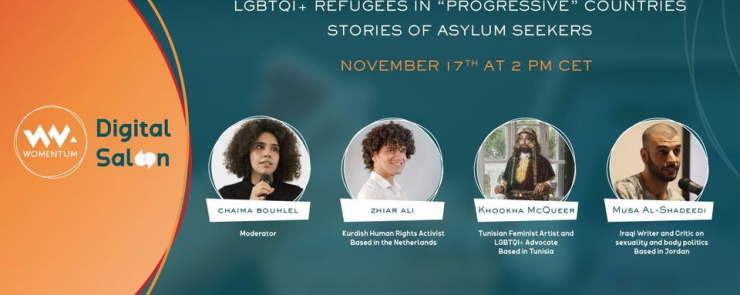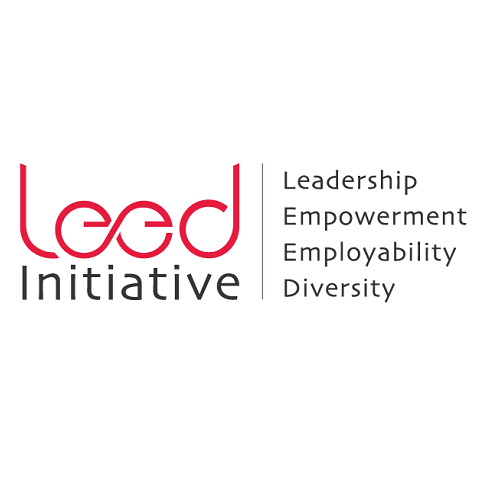Domaines concernées par cet événement: Droit des minorités et 2 autre(s) domaines
One of the most inflammatory ways of verifying the claims to homosexuality is by judging one’s appearance, way of speaking and overall personality. To be granted asylum, queer refugees need to prove to immigration authorities and judiciaries that they are queer, that they fear persecution on the grounds of their sexuality, and that such fear is well-founded. More worthy of protection seem to often be those petitioners who correspond to essentialist, Western and hetero-normative stereotypes of queer individuals. Asylum authorities seem not aware of the complexities surrounding the expression of sexual and gender identity. Sexuality and gender identity are not entirely static phenomena. Both relate to complex internal identity processes and are subject to external influences. Among these is culture. Queer identities vary substantially from society to society as culture has an immense impact on how identities are individually expressed (or not expressed). Unfortunately, however, in order for queer refugees to be awarded protection, they have to conform to the western heteronormative understanding of what it means to be queer. Western countries’ asylum systems with this approach of “flee but make sure you wear pink” have turned queer non-normative individuals into active accomplices in the perpetuation of limited Western hetero-normative understandings of what it means to be queer.
Moreover, there’s a dearth of data from European countries on the number, percentages and decisions made regarding LGBTQI+ refugees. In Europe, 27 out of 28 member states’ asylum data banks do not capture the thousands of queer petitions, essentially rendering them invisible. Invisibility is easily conflated with non-existence, which can in turn implicitly work to legitimize omissions by state authorities on the rates of acceptance on a queer-persecution basis. This paucity of data impedes asylum seekers, practitioners and the general public from any knowledge of, or the capacity to draw comparisons about, the (non-)importance of this migration, about the trends and developments therein, or about the likelihood of succeeding with an asylum claim based on queer persecution.
In this 3rd edition of the WOMENTUM Digital Saloon, with our high-level guest speakers, we will reflect on different aspects of the challenges that LGBTQI+ individuals are faced with within the MENA region and worldwide. Stay tuned!
khookha Mcqueer – Tunisian Feminist Artist and LGBTQI+ Advocate based in Tunisia.
Musa Al-Shadeedi – Iraqi Writer and Critic on sexuality and body politics based in Jordan.

